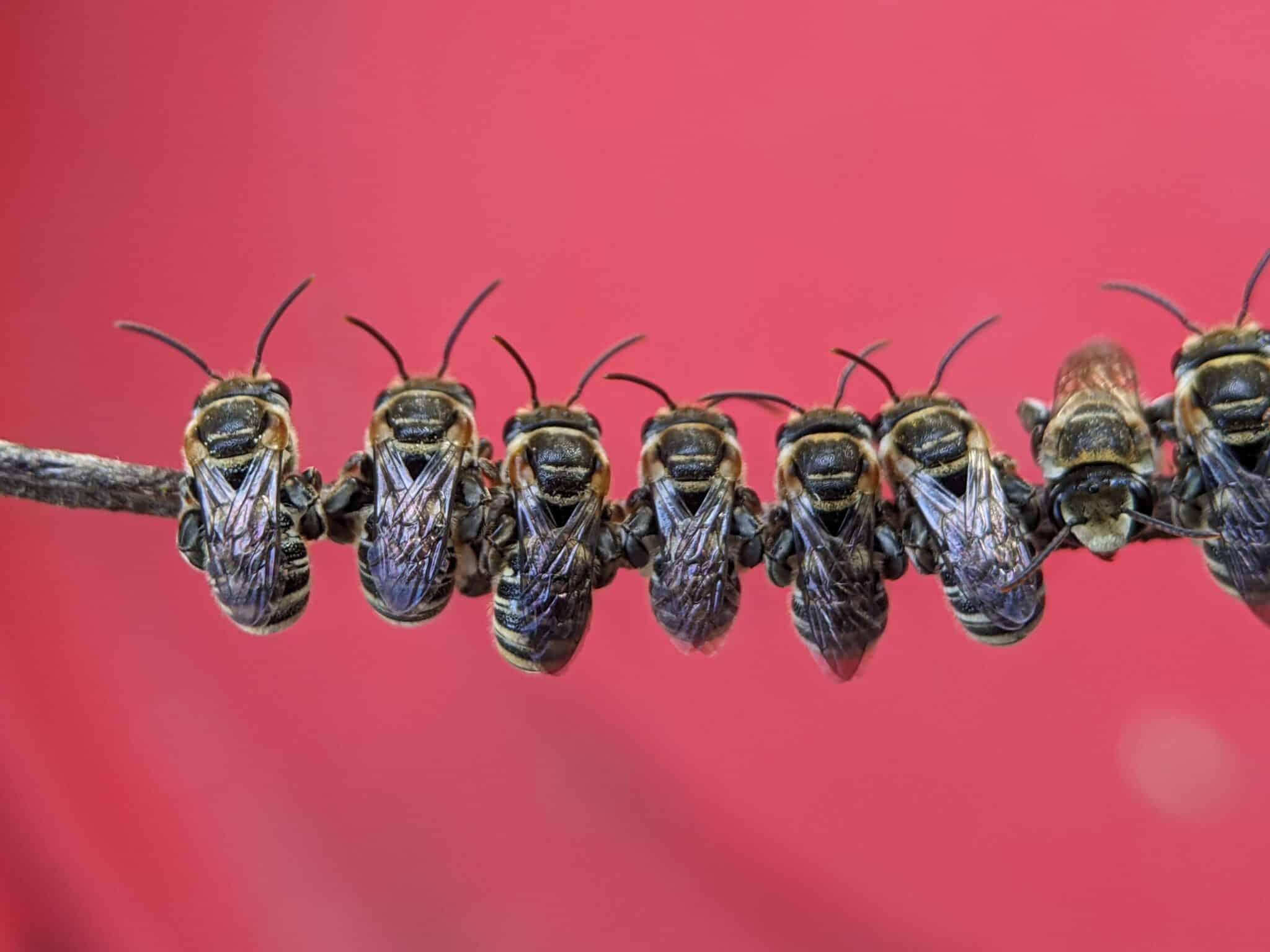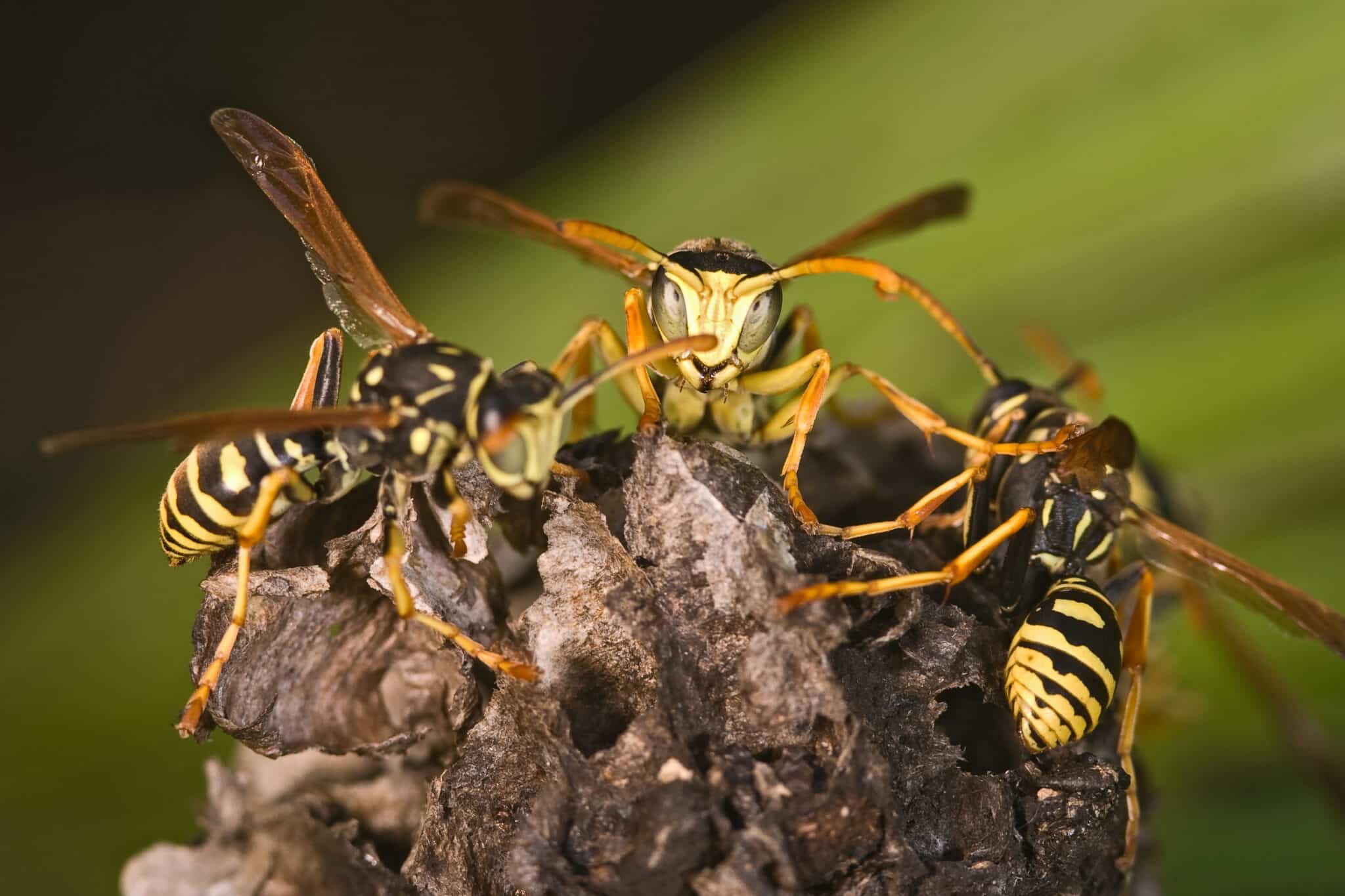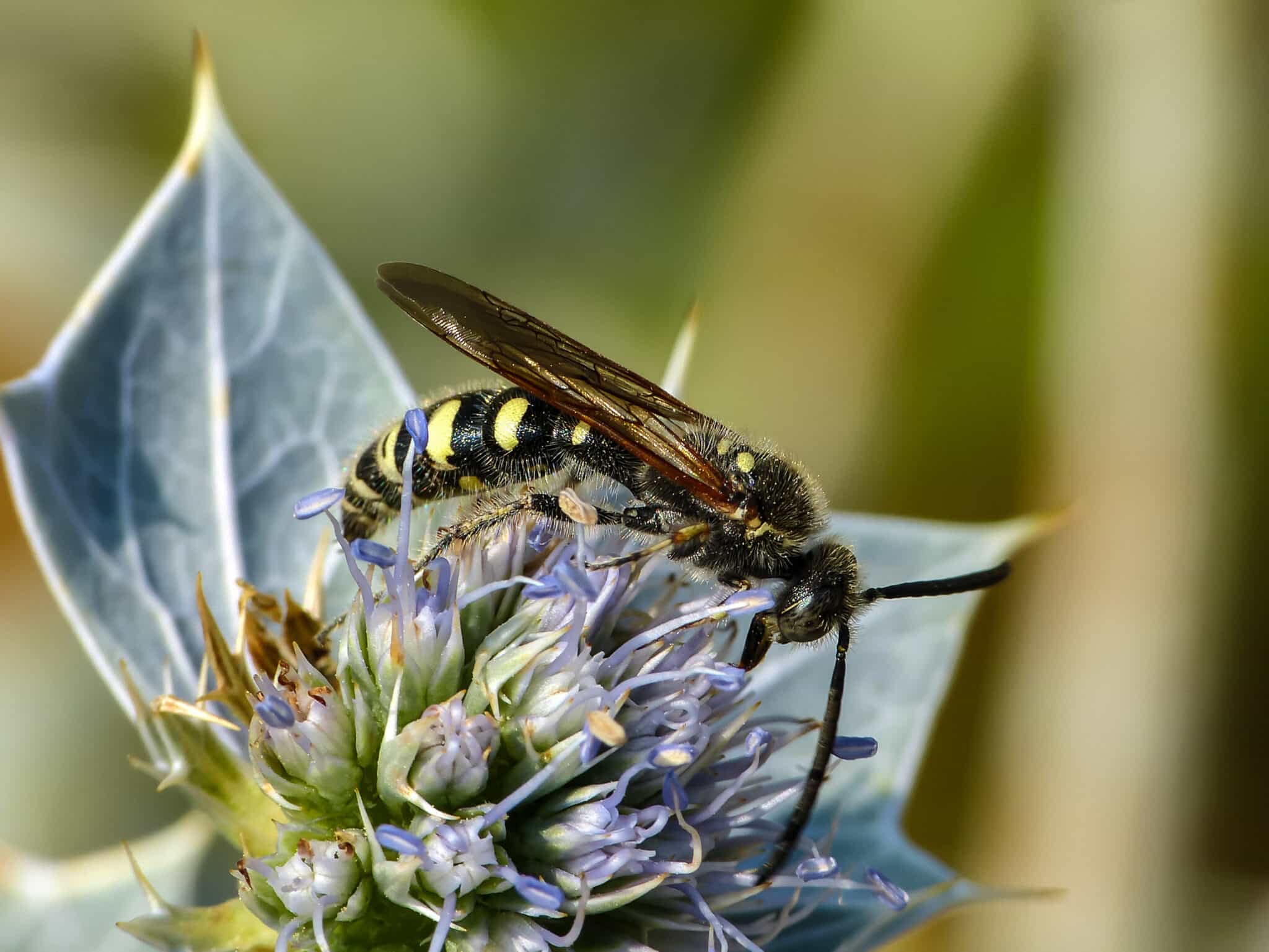What’s That Buzz? Your No-Drama Guide to Emergency Nest Removal
There’s nothing quite like settling in for a quiet evening, only to hear an ominous buzzing coming from somewhere inside your walls. Whether it’s your loft, chimney, or wall cavities, discovering bees or wasps have set up shop in your home can be a little bit alarming.
Here in Worthing and across Sussex, we see our fair share of emergency bee and wasp nest removals, particularly during the warmer months. The good news? With the right know-how and the right professionals on call, you can handle the situation swiftly, safely, and with minimal drama.
Why Bees & Wasps Nest in These Hidden Spots
Bees and wasps are remarkably resourceful when it comes to finding the perfect spot for their colonies. Your home’s hidden spaces (lofts, chimneys, and wall cavities) offer everything these insects are looking for: shelter from the elements, protection from predators, easy access to the outdoors, and a secure place to raise their young.
Loft spaces provide excellent insulation and are rarely disturbed, making them prime real estate for a new colony. Chimneys offer elevated space and natural ventilation, whilst wall cavities provide the narrow, protected environment that many species prefer. The relatively stable temperatures in these areas also help colonies thrive and expand rapidly.
When bee and wasp season starts
In Sussex, wasp season typically begins in late spring (around May/June) and peaks in July and August through to September. Bees tend to be more active from April through to October. During this time, queen wasps and bees are actively searching for suitable nesting sites, and your property’s cosy nooks and crannies can seem irresistibly attractive.

Signs You May Have a Nest Indoors
Follow the buzz! The most obvious clue is increased bee or wasp activity around one part of your property, especially if you see them entering and exiting from the same spot.
What to look for in lofts and attics
The most obvious indicator is increased insect activity around your roofline, particularly near eaves, roof vents, or any small gaps in your fascia boards. You might notice bees or wasps consistently flying to and from the same spot on your roof. Look for visible nest structures – wasp nests appear papery and grey, whilst bee colonies may be less obvious but often accompanied by honeycomb structures. You’ll typically hear increased buzzing, especially during daylight hours, and may notice a sweet or musty odour.
Telltale signs in chimneys and wall cavities
Chimney nests often announce themselves through sound – you’ll hear buzzing echoing down the flue, sometimes quite loudly. If you have an open fireplace, you might see insects entering or leaving through the chimney opening, and occasionally, debris from nest-building activities may fall into the grate. Wasp nests can also give off a distinctive odour. Wall cavity nests can be trickier to identify. Watch for insects consistently entering small gaps around window frames, roof joints, or anywhere external walls meet. You might hear a faint humming within the walls themselves.
What’s the Worst That Could Happen?
Not many people know that bees, and wasps in particular, can cause property damage. Large wasp colonies can chew through wood and wooden beams, insulation, and even plasterboard to expand their territory. In chimneys, nest materials can block flues, creating serious fire hazards and preventing proper ventilation. While bees are generally less destructive, honey from bee colonies can seep through walls and ceilings, causing staining, attracting other pests, and potentially leading to mould growth.
Safety risks for people and pets
Both wasps and bees can become aggressive if disturbed. Indoor nests are problematic because escape routes may be limited if you accidentally disturb the colony. Multiple stings can be dangerous (even life-threatening) for those with allergies. Pets, especially curious cats and dogs, are also at risk of painful stings.

Emergency Response: What To Do (and What Not To Do)
If you’ve discovered a nest, your first priority is to keep family members and pets away from the area and avoid making loud noises or vibrations that might agitate the colony. Close off access to the room or area where possible. Avoid blocking the insects’ exit route as this can make them more aggressive. And definitely don’t use the fireplace if there’s a nest in the chimney.
DIY removal – ever a good idea?
In short: no. Removing a nest yourself without the right equipment and training is dangerous, especially in confined areas like chimneys or wall cavities. Shop-bought sprays are often ineffective against established colonies and can make the situation more dangerous by creating agitated, defensive insects with nowhere to escape.
When to Call the Professionals
Stop googling “how to remove a wasp nest.” Calling an expert in emergency pest control is about safety. Call for emergency bee and wasp nest removal if you notice sudden increases in insect activity, signs of structural damage, or if anyone in your household has known allergies. Pest Stop Boys is available 24/7 for emergencies because we know that dealing with wasps or bees in a swarm situation can’t always wait until Monday morning.
Bee nest removal
Bees are vital pollinators and play a crucial role in our ecosystem, so they’re a protected species in the UK. You can’t just destroy a nest or colony because it’s in your home. Humane removal by trained professionals is essential. The goal is always to relocate bees safely, so we often work with local beekeepers to move the colony to a more suitable location where they won’t be a bother to anyone.
Wasp nest removal
Wasps require a different approach. Speed is key. Our trained technicians use targeted treatments that neutralise the nest whilst minimising risk to your property and family. We ensure complete nest destruction to prevent future occupation of the same site.
Call Pest Stop Boys for Emergency Help
If you’ve spotted signs of bees or wasps nesting in your chimney, loft, or wall cavity, don’t wait for the situation to escalate. The safest move is to call in the professionals. At Pest Stop Boys, we offer fast, local, and reliable pest control emergency services across Worthing, Brighton, and the surrounding Sussex area. No call-out charges, 24/7 availability, and the peace of mind that comes from working with accredited local experts who treat every property like it’s our own.
